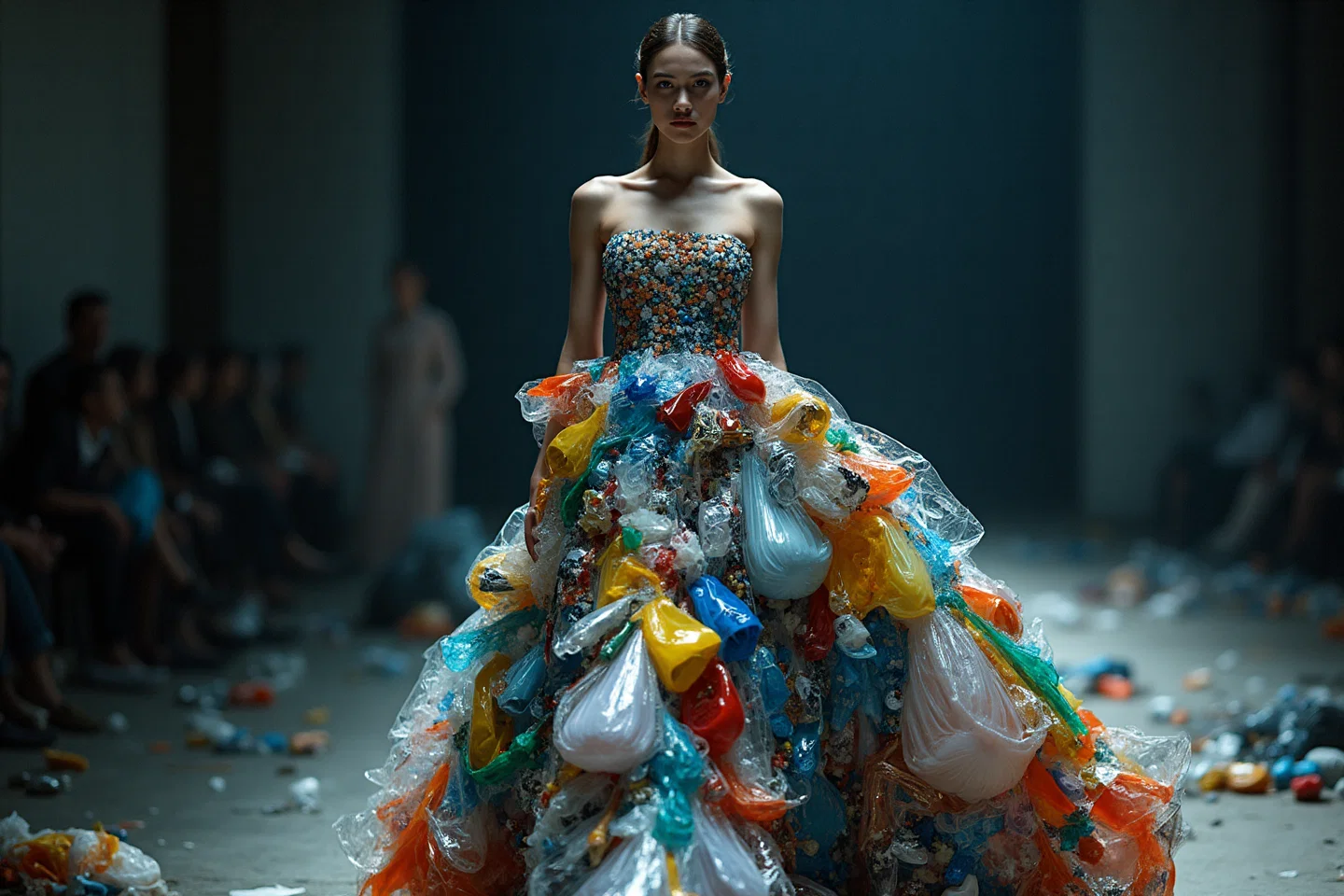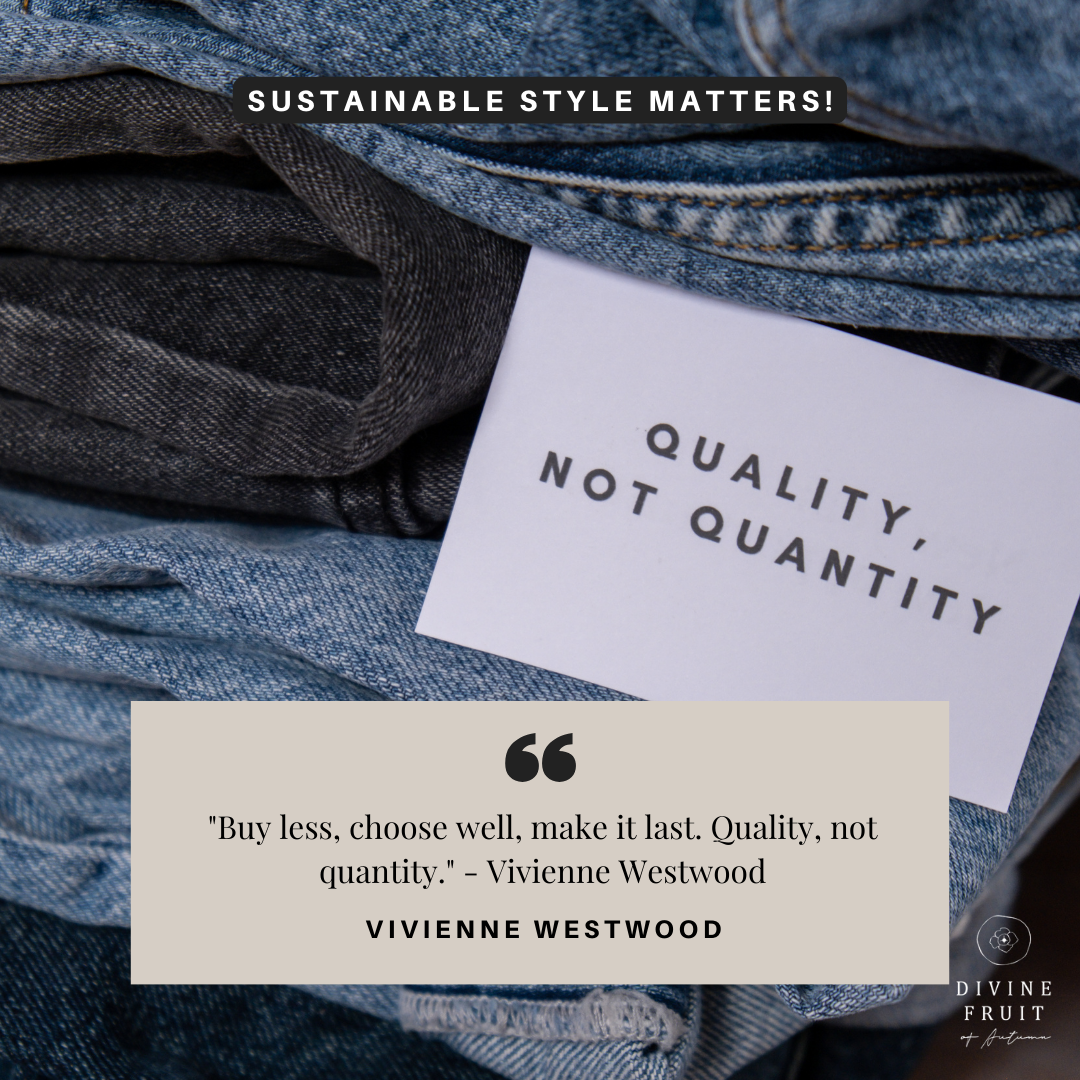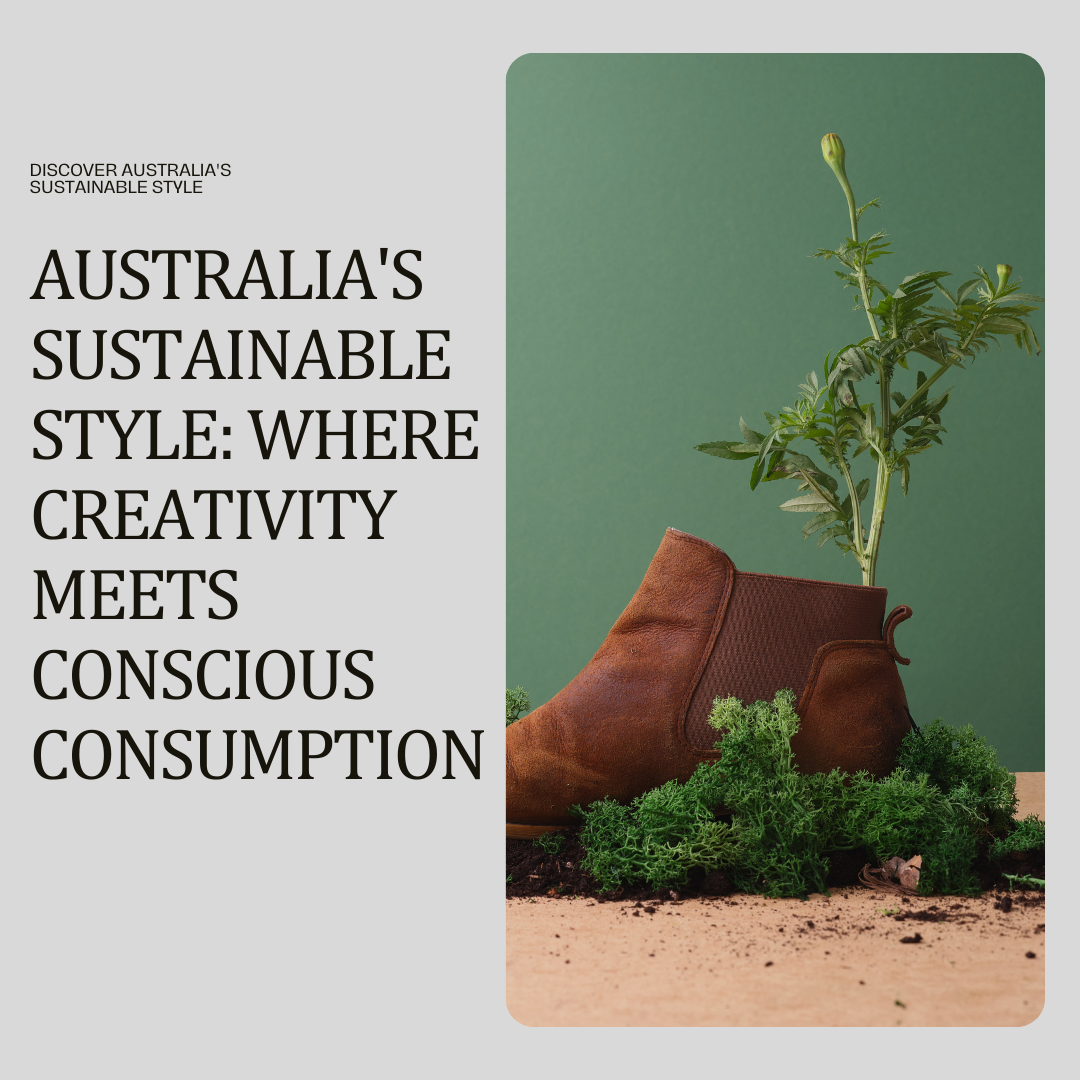
In an increasingly environmentally conscious world, fashion is undergoing a significant transformation. Gone are the days when style and sustainability were seen as mutually exclusive. Today, the rise of sustainable fashion is not just a trend—it’s a revolution redefining how we think about clothing, style, and our responsibility to the planet.
What is Sustainable Fashion?
Sustainable fashion is more than just a buzzword; it’s a movement that encompasses the entire lifecycle of a garment—from design and production to consumption and disposal. It advocates for the use of eco-friendly materials, ethical production practices, and the reduction of waste throughout the fashion supply chain. This approach challenges the traditional fast fashion model, which has long been criticized for its negative impact on the environment and exploitative labour practices.
The Environmental Cost of Fast Fashion
Fast fashion has been the dominant force in the industry for decades, offering consumers cheap, trendy clothing at an alarming rate. However, this model comes with a hefty price tag—one that the planet is paying. The fashion industry is one of the largest polluters globally, responsible for approximately 10% of global carbon emissions and significant water consumption. The production of synthetic fibres like polyester releases microplastics into our oceans, while the rapid turnover of clothing leads to massive amounts of textile waste, with billions of garments ending up in landfills each year.
The Birth of a Movement
As awareness of these issues grows, so does the demand for change. Enter sustainable fashion—a movement that has gained momentum as consumers become more conscious of their choices. Brands are responding by embracing eco-friendly materials, such as organic cotton, bamboo, and recycled textiles. Additionally, the use of innovative practices like upcycling and zero-waste design is becoming more widespread.
Upcycling, in particular, has emerged as a powerful tool in the sustainable fashion movement. By transforming pre-loved or discarded textiles into new, unique pieces, designers can create garments that are not only stylish but also environmentally friendly. This approach not only reduces waste but also breathes new life into materials that would otherwise contribute to the growing problem of textile waste.
Ethical Production: A Key Pillar of Sustainability
Sustainable fashion is not just about the materials used; it’s also about how garments are made. Ethical production practices ensure that workers are paid fair wages, work in safe conditions, and are treated with respect. This starkly contrasts the often-exploitative practices of fast fashion, where workers in developing countries are frequently subjected to poor working conditions and low pay.
By prioritizing ethical production, sustainable fashion brands are helping to create a more equitable industry. Consumers, too, play a crucial role by choosing to support brands that prioritize the well-being of their workers and the environment.
The Role of Consumers: Voting with Your Wallet
The rise of sustainable fashion is a testament to the power of consumer demand. As more people choose to invest in high-quality, ethically made garments, the industry is forced to adapt. By voting with their wallets, consumers can drive the change they want to see in the world.
However, sustainable fashion often comes with a higher price tag, which can be a barrier for some. It’s important to remember that investing in fewer, better-quality pieces can ultimately be more cost-effective than constantly replacing cheap, poorly made garments. Additionally, the growing popularity of second-hand shopping and clothing rental services offers more affordable options for those looking to embrace sustainable fashion.
Divine Fruit of Autumn: A Case Study in Sustainable Fashion
At the forefront of this movement is Divine Fruit of Autumn, an Australian company dedicated to creating sustainable wearable art. By upcycling denim and other pre-loved textiles, Divine Fruit of Autumn crafts unique, handmade garments that tell a story. Each piece is a testament to the brand’s commitment to sustainability, combining creativity with a deep respect for the environment.
In addition to upcycled denim, Divine Fruit of Autumn also offers handmade felt accessories and lampshades crafted from locally sourced merino wool, as well as leather belts, corsets, and jewellery made from second-hand materials. This approach not only reduces waste but also supports local businesses and promotes the use of sustainable materials.
The Future of Fashion: A Sustainable Path Forward
The rise of sustainable fashion is a beacon of hope in an industry that has long been plagued by environmental and ethical issues. As consumers, brands, and designers continue to embrace sustainability, the fashion industry is poised for a significant transformation. By redefining what it means to be stylish, sustainable fashion is paving the way for a future where fashion and environmental responsibility go hand in hand.
In the end, sustainable fashion is about more than just clothing—it’s about making choices that reflect our values and our commitment to a better world. As this movement continues to grow, it has the potential to not only redefine style but also to play a crucial role in saving the planet.




